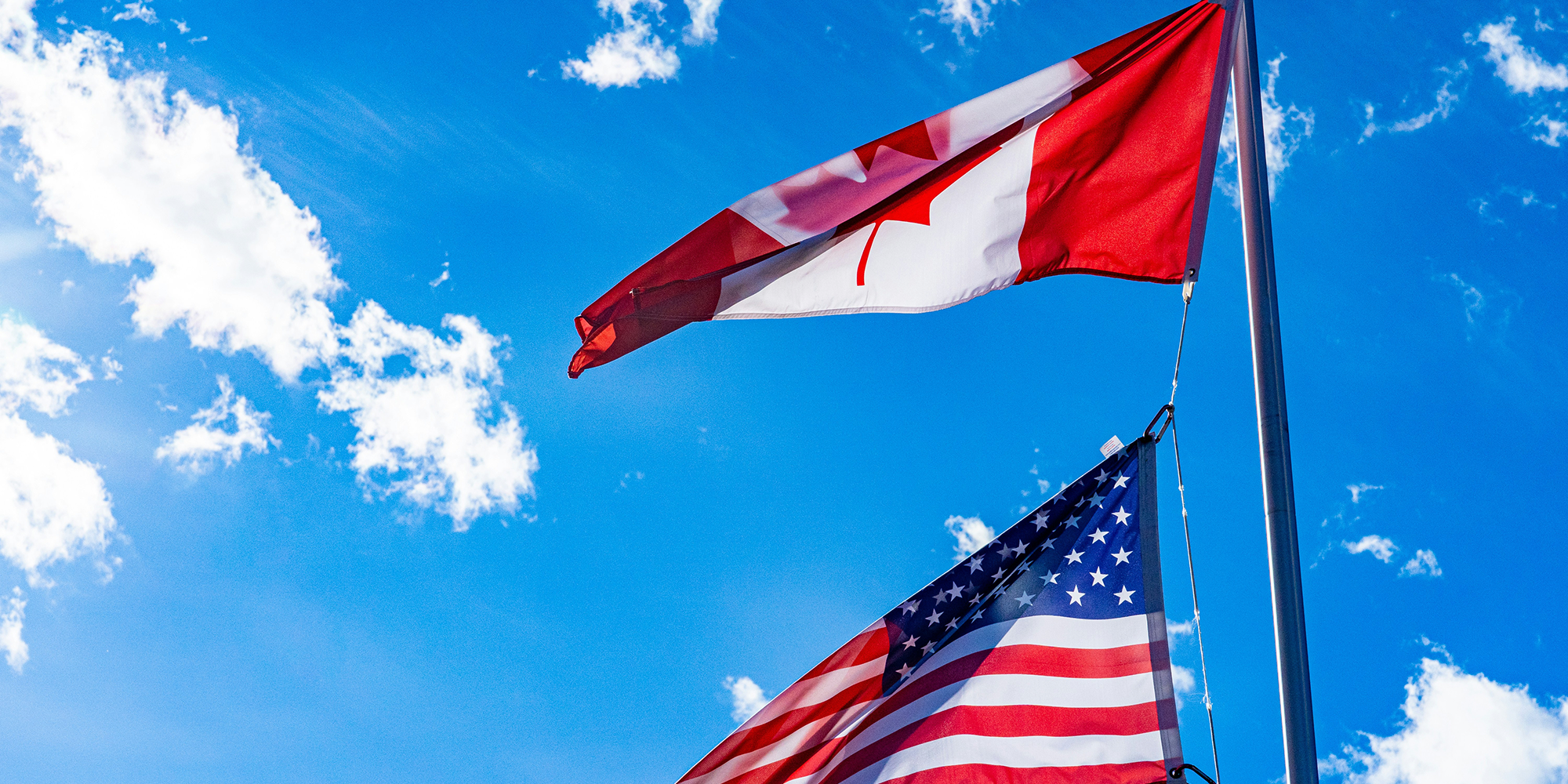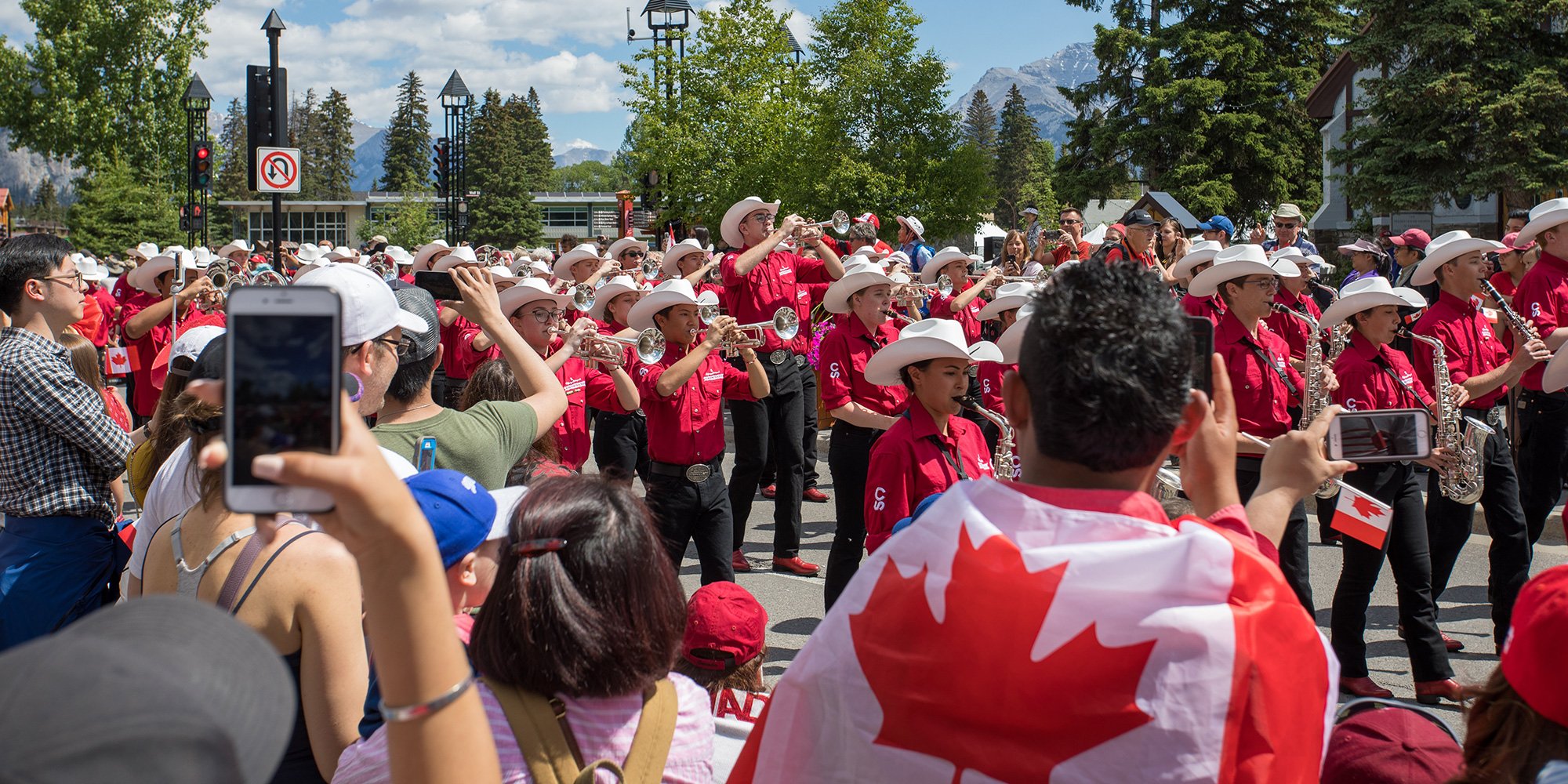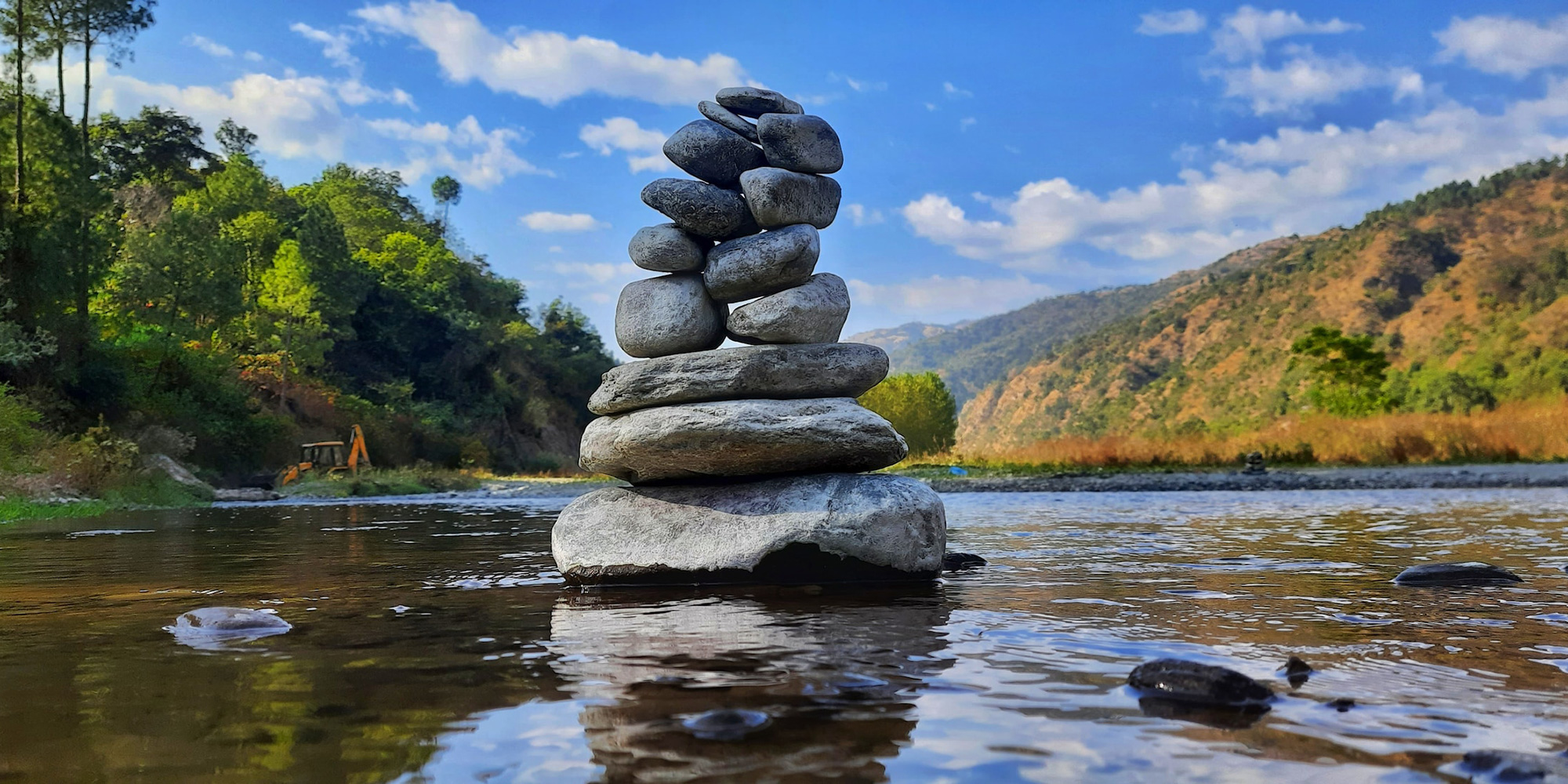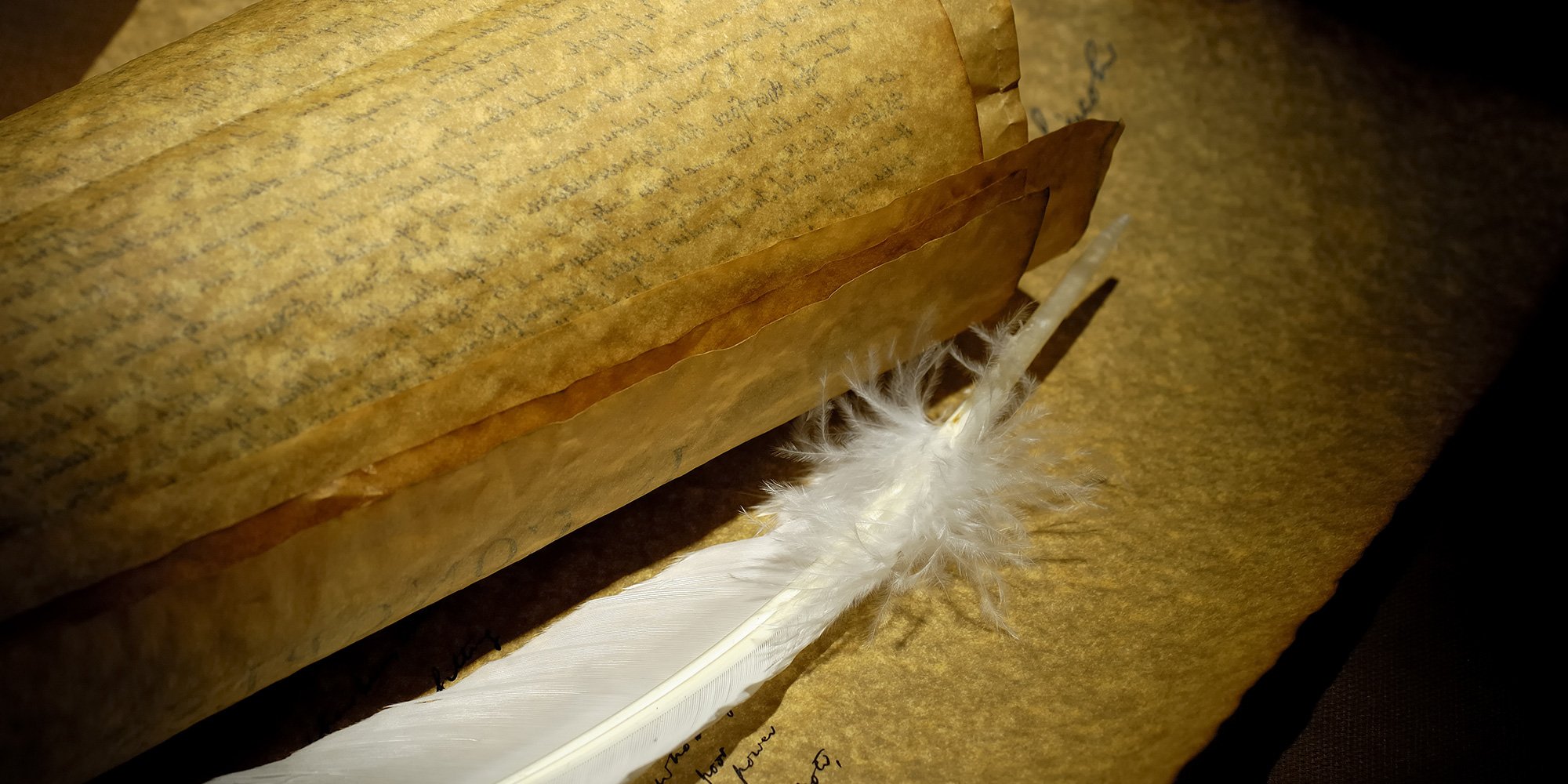Indigenous Peoples, Reconciliation and Canada 150
June is National Aboriginal History Month, and this year, the day after National Aboriginal History Month ends activities for Canada 150 begin....

Some days it really feels like the whole world is going crazy. The economy is sputtering amidst trade wars and tariffs, there is a renewed interest in separatist sentiment in Alberta, we have a new federal government, and the President of the United States wants to make us the 51st State.
What does this have to do with reconciliation and the colonization experience?
Take a moment to look at Merriam-Webster, which defines colonization, in part, as:
“An act or instance of colonizing: such as:
- The establishing of a colony: subjugation of a people or area especially as an extension of state power [...] the act or practice of appropriating something that one does not own or have a right to
-The state of being colonized: subjugation by a foreign power” 1
Does the President’s ongoing discussion of annexing Canada sound familiar? Looking around at the flags outside of homes and businesses, the widespread “Buy Canadian” messaging, and the drop in travel to the USA, I think Canadians are seeing and feeling a small sense of colonization right now. This makes the idea to make Canada the 51st state very interesting from a reconciliation perspective.
In other words, these reactions are arising out of a proposed “subjugation by a foreign power” that is currently promoting the idea of “appropriating something that [it] does not own or have a right to.” As a country, we are experiencing a foreign power looking to subjugate both the Canadian people and land as an extension of state power. The President of the United States wants our land and resources because he believes that we aren’t using them to the highest and best potential.
All this, and Canada as a country is still in the midst of its national reconciliation journey and contending with its own history of colonization. In recent years, we’ve had the Truth and Reconciliation Commission Calls to Action, 2 and many of them had a component of Indigenous awareness to them. Residential School survivors have asked Canadians to learn about the history of colonization, residential schools, the Indian Act, and the United Nations Declaration on the Rights of Indigenous Peoples.
I think it was vital for survivors to ask this of Canadians. I believe that learning and knowing history is necessary so that we won’t repeat it. A critical part of Indigenous awareness is understanding and empathizing with peoples who have been colonized, and arriving at a place of more empathy and perspective. Learning about Indigenous history, culture, traditions, and experiences is fundamental to true understanding and reconciliation.
Indigenous Peoples are an integral part of the country, and always have been. Canadians reside on traditional lands that Indigenous Peoples have lived on since time immemorial. Indigenous Peoples have survived centuries of colonization and subjugation; what Canadians are feeling now is only a small echo of that. I urge you to take the fear and anger you may be feeling, and instead turn it into empathy and motivation to build a better world for all, and for our next seven generations.3
Now, more than ever, it’s important to listen to and elevate Indigenous voices. Listen and learn about Indigenous history – not just the dark side, that of colonization and subjugation, but also stories of resistance, endurance, and tradition.
Residential school survivors started the call for truth and reconciliation, and it is up to us to keep the reconciliation journey going.
1 https://www.merriam-webster.com/dictionary/colonization
2 https://www2.gov.bc.ca/assets/gov/british-columbians-our-governments/indigenous-people/aboriginal-peoples-documents/calls_to_action_english2.pdf
3 https://www.ictinc.ca/blog/seventh-generation-principle
Featured photo: Unsplash by Chris Robert

June is National Aboriginal History Month, and this year, the day after National Aboriginal History Month ends activities for Canada 150 begin....

In 2017, we had just over 816,000 visitors to our blog Working Effectively with Indigenous Peoples® looking for information on a wide variety of...

The Doctrine of Discovery was used by European monarchies, beginning in the mid-fifteenth century, as a means of legitimizing the colonization of...